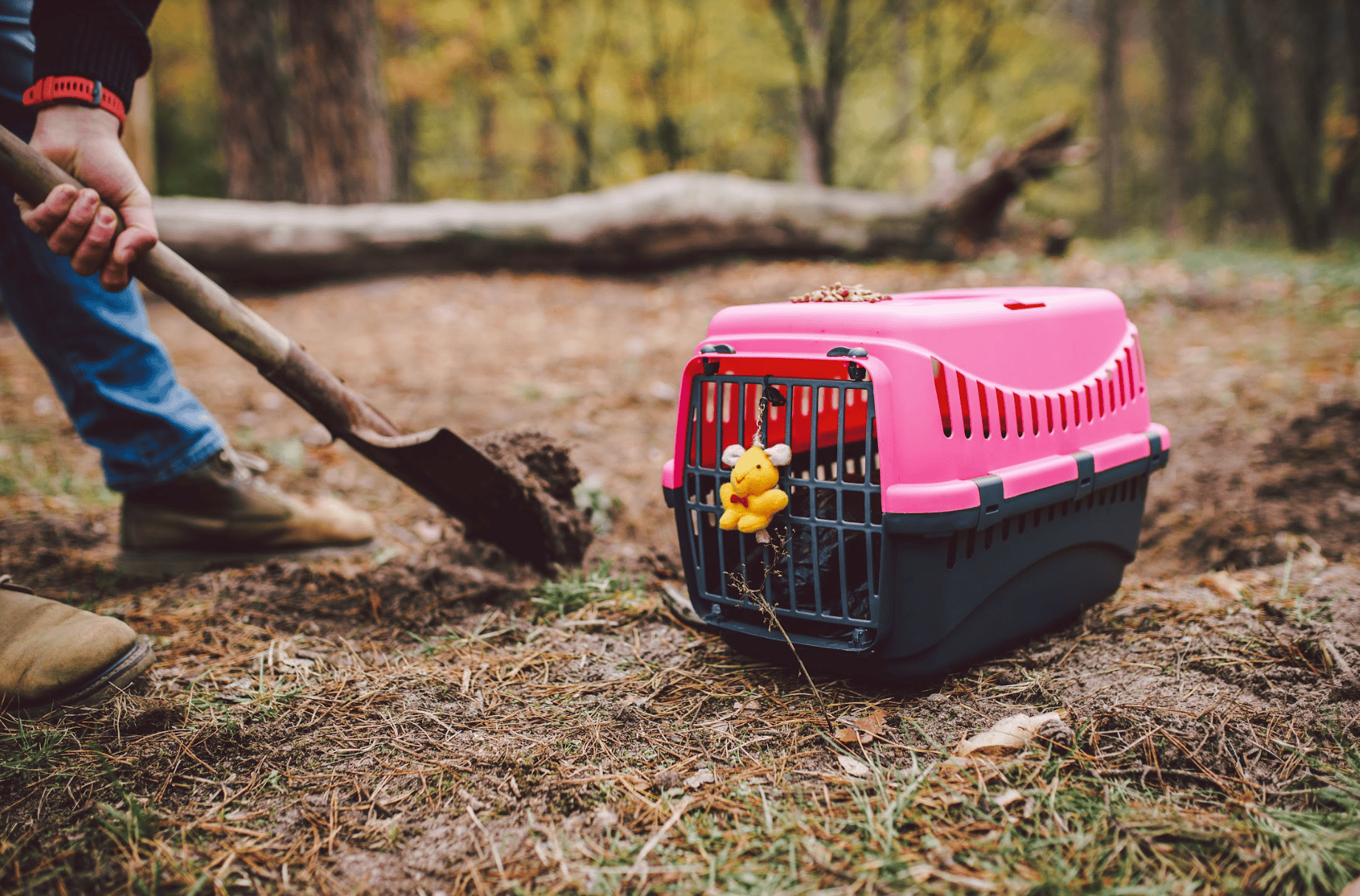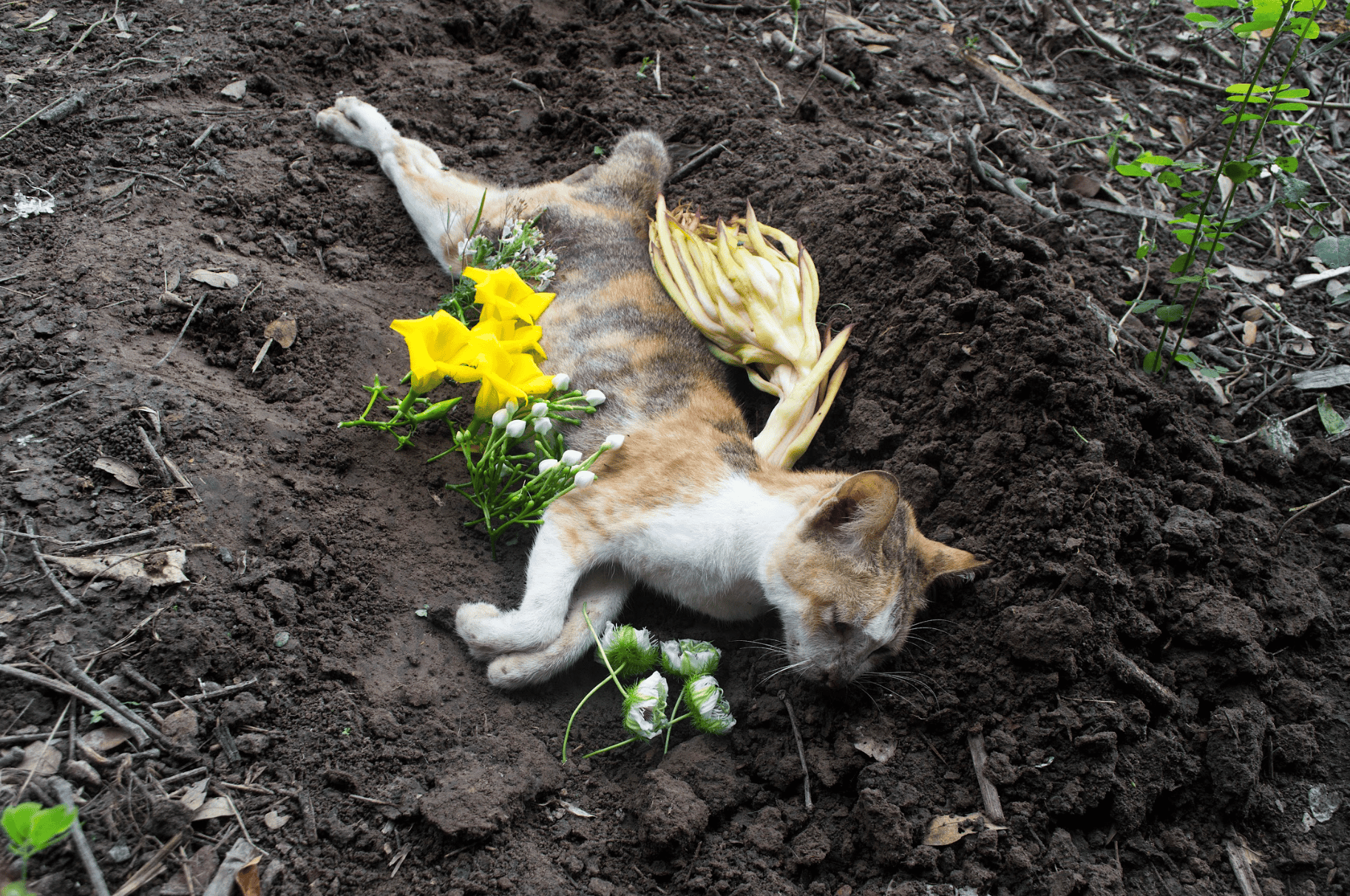Cats are close companions, counting boards, walking pals, and even bedmates. They stay by your side in good and bad times, cheer you up and make you happy. Generally, they can be your source of emotional support and entertainment and even have individual personalities. Additionally, cats have a lifespan of about 20 years, meaning they’re part of our lives for a long time.
Losing a cat can be traumatic, as losing a close friend or family member and dealing with the loss is almost similar. Like in humans, acknowledging the loss of a cat and seeking help is crucial for your physical, mental, and spiritual well-being.
It can be challenging to heal from a cat loss, but various resources and support groups can help you cope. This post outlines some powerful tips to help you through the loss. Read on to learn more.
Get Help
Many people may not understand the loss and would probably say it was just a cat, or you’ll get another cat. It’s because most people don’t understand how intense the relationship of having a cat can be. Nevertheless, getting moral help from your close friends and family may be essential to get through the grief. Without someone to help you through or lean on, your grieving may be much harder than expected.
If you can’t get support from close friends and family, you can consult your local animal hospital or a veterinarian for a pet loss support group. You may also consider getting cat cremation services to honor your cat’s life.
Take Time to Grieve
Having lived with a cat for a long time, mourning and accepting the loss can take time. Not a single person can tell you when it’s time to get over it or move on—the grieving process will depend on you. It can’t be forced or hurried along as there is no specific period for grieving. Your grieving may come in episodes. You may start feeling better, but the grieving may intensify again when you hear the cat’s name, special day, its birthday or when you hear that someone else lost a cat. Don’t be afraid to cry or think about it; it’s normal. You can take some days off work for a mental break during this period. You can also give yourself some alone time to figure things out and go through the grief.
Don’t Ignore Or Hide Your Sadness
Hiding your pain or sadness can worsen the grieving process. To completely heal from the loss of your cat, you must aggressively deal with the pain to get over it. If you feel like crying, go ahead, as crying helps relieve your sadness. Ignoring or keeping your emotions to yourself only delays the grieving process and can trigger serious conditions such as insomnia, anxiety, and depression in the future.
Write Down Your Feelings
Creating a diary or journal can be a great way to help process your feelings. Writing down your feelings helps express unfiltered emotions and can include your cat’s pictures, best moments, and places you visited with your cat.
If you’re having trouble creating a journal, check out different journals designed for pet loss online—for instance, the Kingdom of Heart: A Pet Loss Journal by L.Luckenbach. The book helps you find the right words to explore and express your feelings.
You can also decide to write a letter to your cat and express your feelings from the day you got them to when it died.
Hold A Ceremony
Besides the journal, you can invite friends over to celebrate and share the memories of your cat. Having a ceremony helps control your feelings and honor the bond with your cat. If you have kids, let them participate in the event. You can encourage them to write farewell messages and put them in the burial box or let them decorate it. Together you can wrap up the cat with a cherished blanket, place it in the burial box, and conduct a respectful burial. After the burial, you can let your kids put a grave marker or plant flowers or a tree on the grave.
Don’t Rush To Replace The Cat
If your emotions remain intact, take your time before adopting a new pet. Even though your home feels quiet and empty, it’s advisable to take time to work through your loss before creating a new relationship with another new cat.
Conclusion
There you go! Those are some ways you can deal with the loss of your cat. You can also consider creating a memorial for your cat, volunteering at an animal shelter, and if you’ve completely healed, you can adopt a new cat.


